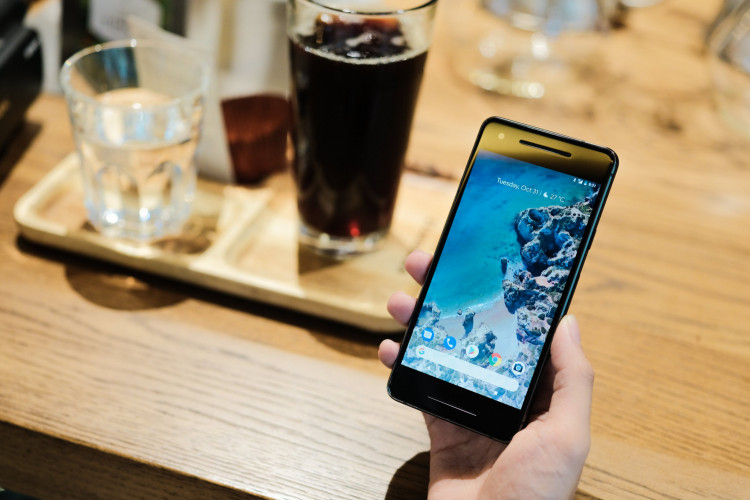Google's Play Store is widely recognized as the world's largest app store. Aside from Apple's App Store, the Search giant's online app supplier is home to close to 2.1 million apps as of the third quarter of 2018. With the multitude of apps Android users can choose to install on their phones, there are also developers who exploit this situation.
The Android Operating System runs on over 2 million devices "each and every month," and the number will just keep on increasing with every Android device manufacturers introduce to the market. With this, developers will take the extra step to create more apps. While not all are important to a certain device, some will entice users to download them because of miniscule improvements that the app can give.
Security alerts are no longer new news to Android users. Patches and updates will greet them on a daily basis, and these will also include several enforcements on viruses and malware. One website recently reported of a "large scale threat" that was identified by mobile security experts.
According to the source, around six Android apps that were downloaded by users for a jaw-dropping 90 million times contain the PreAMO malware. But it doesn't stop there. Experts also found another 50 Google Play apps that are infected with malware and has already infected more than 30 million Android devices worldwide.
Buzzfeed, who was among the first to report about the issue, said that some of the apps were made by DO Global, a Chinese developer who claims that they have "more than 800 million monthly active users." Some of these apps have been "clicking on ads" to generate revenue and two of them comes with a code "that could be used to engage in a different form of ad fraud."
The former source identified several of these Google Play apps. It includes Selfie Camera, Smart Cooler, Total Cleaner, RAM Master, Omni Cleaner, AIO Flashlight, Emoji Flashlight and WaWaYaYa, a Chinese reading app for kids. For instance the Selfie App, which has been downloaded more than 50 million times and maintains a respectable 4.5 rating, was found to "fraudulently click on ads in the app" without the users' permission."
Check Point analysis and response team leader Aviran Hazum said that the clicks continue even when the app isn't open. This will eventually drain the device's battery and consume mobile data. He added that his team found out the app "checking" if the user has yet to click on an ad, and then "clicking on random intervals."






